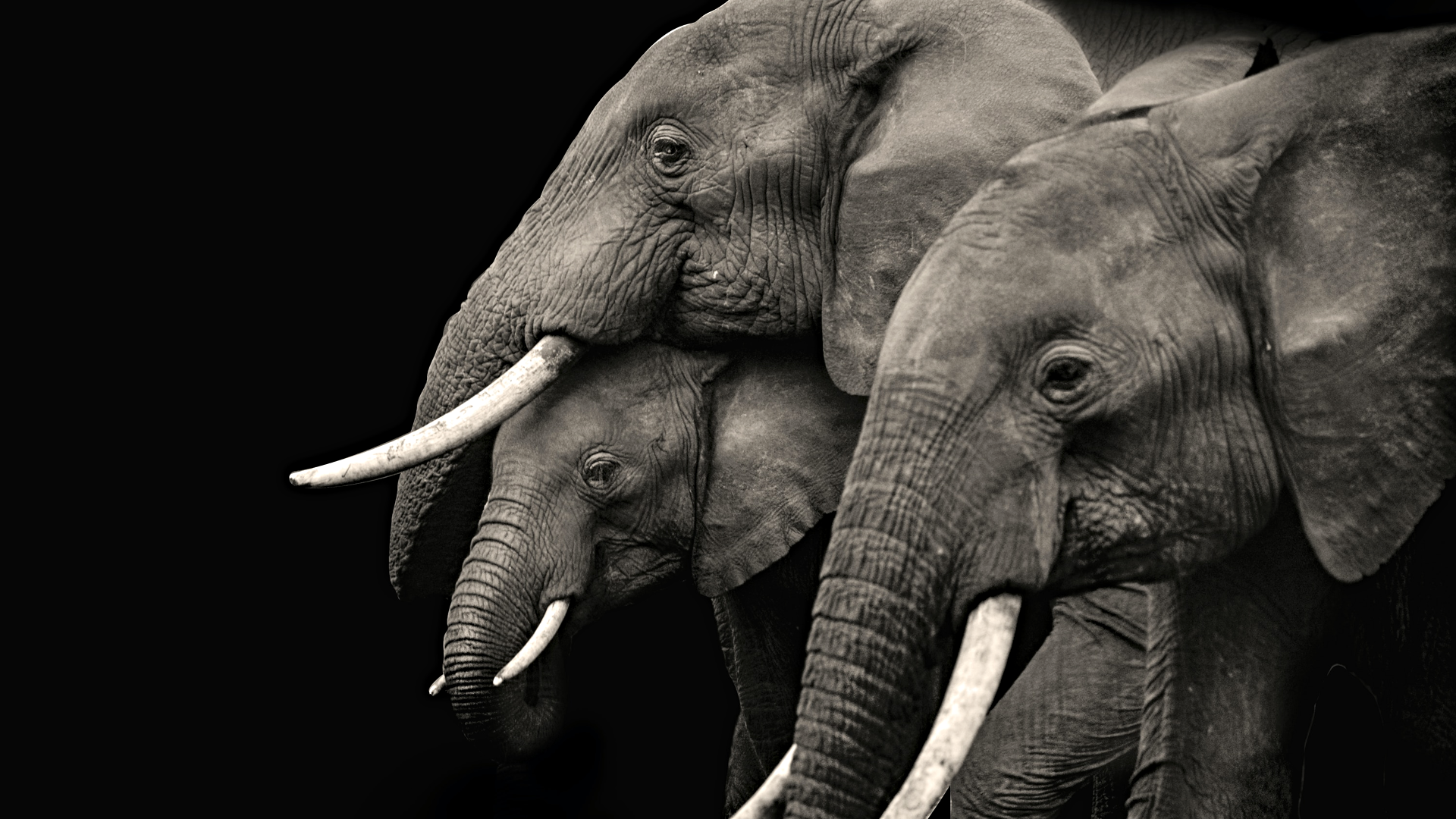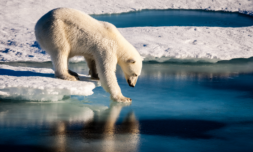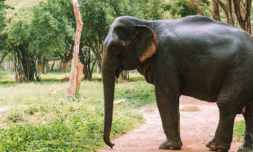In the heart of Zimbabwe’s Hwange National Park, a devastating crisis is unfolding as the nation grapples with the loss of a hundred elephants this year alone. The cause of this tragedy is not poaching, but rather an insidious force exacerbated by climate change – drought.
In the African continent, elephants are continuously succumbing to the harsh realities of climate change.
According to the International Fund for Animal Welfare (IFAW), Hwange National Park, one of Africa’s largest and oldest game reserves, is witnessing an alarming increase in elephant deaths due to prolonged drought.
The scarcity of water and associated food sources has left the remaining mammals in a dire state, struggling for survival in a constantly changing environment.
The IFAW states that climate change and the drought affecting Hwange National Park is a recurring phenomenon that could see more elephants die soon if rain abstains for the coming weeks.
During COP28, the IFAW advocated for wildlife conservation as a nature-based solution to tackling climate change and extinction rates.
On Nature Day, the organization released a report noting that while most African nations and Least Developed Countries (LDCs) have incorporated commitments for ecosystem protection and landscape restoration in their Nationally Determined Contributions (NDCs), only 40% have integrated wildlife conservation.
As the crisis intensifies, thankfully, the Zimbabwean government has taken sustainable steps to address the impact of climate change on Hwange’s elephants. The Ministry of Environment, Climate, Tourism, and Hospitality Industry continues to provide action plans aimed at mitigating the effects of the drought on wildlife.
How is the Government helping?
Despite the installation of 104 solar-powered boreholes to ensure a stable water supply for the park’s wildlife, the extreme temperatures continue to dry up existing water holes. Emergency water deliveries are now part of the government’s strategy to provide care for elephants and other animals.
Recognizing the connection between wildlife conservation and local communities, the government is actively engaging with residents near Hwange National Park. Collaborative initiatives seek to promote sustainable land use and conservation practices, fostering a harmonious coexistence between people and wildlife.
Collaborative efforts with conservation organizations such as the African Wildlife Conservation Fund, climate-focused NGOs and global initiatives are currently underway to establish long-term solutions in the country’s wilderness.
While these measures are steps in the right direction, significant challenges persist. International forums, such as the now concluded COP28, and a collective commitment to reducing carbon emissions are critical components in safeguarding not only Hwange’s elephants but the planet’s biodiversity as a whole.
Home to approximately 100,000 elephants (second largest elephant population globally), Zimbabwe stands at a crossroads, facing the dual threats of drought and heatwaves. The loss of a hundred elephants serves as evidence of the continuous environmental degradation that must be halted.
As the government takes proactive steps to mitigate the immediate crisis, a broader, global effort is required to address the root cause – climate change – and secure the future of Hwange’s iconic wildlife.
The fate of these elephants is intertwined with the collective responsibility of humanity to protect and preserve our planet for generations to come.

















